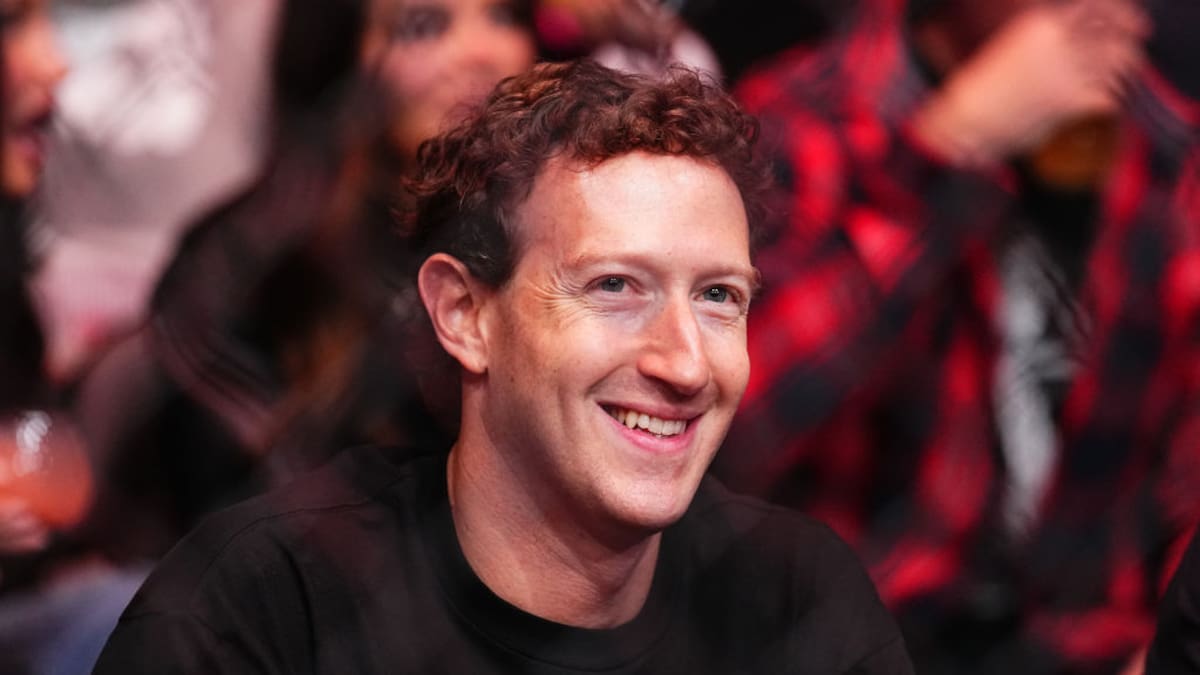Various politicians have attempted to regulate and rein in online conduct (the Harmful Digital Communications Act is one such example in this country) for good reason given the prevalence of things like misinformation, financial scams and objectionable material.
But moves to police what people post on some of the world’s biggest social platforms are on the wane.
The latest shift comes from Meta chief executive Mark Zuckerberg, whose fortunes soared in the mid-2000s when Facebook was born from a dorm room at Harvard University.
As the Washington Post reports:
“Meta is dismantling its extensive fact-checking programme … ending a practice that has sought to limit the spread of falsehoods on its platform but has been assailed as censorship in conservative circles.
The company said it would allow its users to write and rate notes that appear next to specific posts, adding context or debunking key claims. In a video accompanying a Meta blog post, Zuckerberg cited errors made by the company’s fact-checking team and alluded to the presidential election victory of Donald Trump, who has often raged against fact-checking as an impediment to free speech.”
Abdicating fact-checking to users is similar to what Elon Musk introduced to X (the platform formerly known as Twitter which he bought in 2021). Critics of this moderation do not think it sufficiently safeguards against the spread of false information or conspiracy theories.
Zuckerberg admitted this week that the changes will mean that “we’re going to catch less bad stuff”.
However, he said November’s US election felt like “a cultural tipping point towards, once again, prioritising speech”.
Free speech is a founding principle of modern democracy and, of course, should be cherished, protected and celebrated.
The freedom to spread false and misleading information – as Meta is now more willing to allow among its three billion users – is not.
Zuckerberg’s move will undoubtedly lead to more misinformation and disinformation proliferating online. We have already seen during the Covid pandemic the real-world consequences that this can have.
Leaders in the United Kingdom and European Union are unlikely to take Meta’s changes lying down and are already tipped to make a legislative strike back.
But given the wealth and market power of Big Tech companies like Meta, it is unlikely this will stop Zuckerberg for long, if at all. Any action from smaller Governments (such as New Zealand) would be symbolic but ultimately meaningless. Meta’s changes will also find a natural ally with the 47th President of the United States – the leader of the globe’s largest economy.
One of Trump’s predecessors in the Oval Office, Thomas Jefferson, is widely credited with warning that “the price of freedom is eternal vigilance.”
Given Zuckerberg appears to disagree, we need to prepare for the consequences of a world where misinformation is more rampant.






